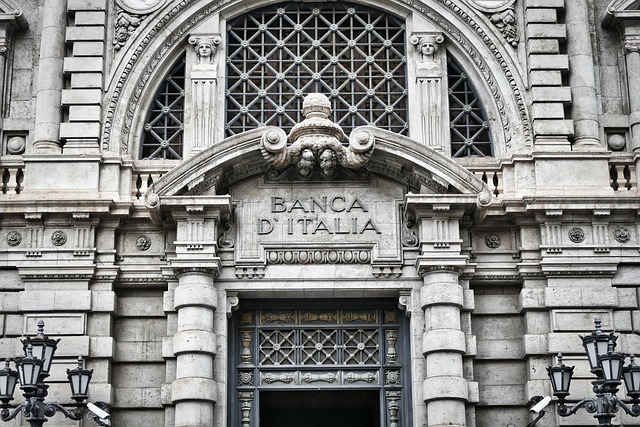Co-signers and guarantors of title loans face potential financial strain during bankruptcy proceedings due to their legal obligation to repay. While bankruptcy can discharge some debts, including those associated with car and semi truck loans, not all are eligible. Examining interest rates, fees, and court assessments of reasonableness is crucial for co-signers initially favoring lower rates. Consulting a professional is vital to navigate Title loan bankruptcy implications and understand unique case circumstances, offering guidance on potential financial relief options.
In the financial maze, title loans often come with unforeseen consequences. When borrowers face bankruptcy, it’s not just their assets at stake—co-signers and guarantors also bear legal repercussions. This article delves into the intricate web of title loan bankruptcy implications, exploring critical protections for borrowers and the potentially devastating effects on those who co-signed or guaranteed these loans. Understanding these dynamics is crucial for navigating financial challenges effectively.
- Understanding Title Loan Bankruptcy Protections
- Co-Signers and Guarantors: Legal Responsibilities Unveiled
- Navigating Bankruptcy: Relief for Co-Obligors?
Understanding Title Loan Bankruptcy Protections

When it comes to title loan bankruptcy implications, understanding the protections in place is crucial for co-signers and guarantors. In many jurisdictions, bankruptcy laws offer some safeguards for individuals who have co-signed or guaranteed a title loan. This is particularly relevant when exploring debt consolidation strategies as part of a bankruptcy proceeding. These protections can help mitigate the financial impact on co-signers, ensuring they are not held entirely responsible for the borrower’s debts.
One key aspect to consider is the role of interest rates. While a title loan may have attracted a borrower with seemingly lower interest rates compared to traditional lending options, bankruptcy laws often treat such debts differently. During the bankruptcy process, a court might evaluate the terms of the loan, including interest rates and fees, to determine if they were reasonable and fair to all parties involved. This can be especially significant for co-signers who may have been enticed by the initial lower interest rates without fully understanding the potential consequences in case of default.
Co-Signers and Guarantors: Legal Responsibilities Unveiled

When it comes to title loans, co-signers and guarantors often believe they are protected from debt obligations if the primary borrower files for bankruptcy. However, the reality is quite different when discussing the profound Title loan bankruptcy implications. These third parties have legal responsibilities that extend far beyond their initial agreement. In the event of a bankruptcy filing, co-signers and guarantors could face significant financial consequences, as they are held accountable for repaying the loan.
The Title loan process often involves these auxiliary parties to secure the loan due to the borrower’s creditworthiness concerns. Co-signers or guarantors may think their involvement ends with the initial approval and loan payoff. Yet, during bankruptcy proceedings, these individuals could be compelled to settle the debt, even if it means personal financial strain. This is especially true for semi truck loans where co-signing is common due to the high value of assets involved. Understanding these legal responsibilities is crucial in navigating potential Title loan bankruptcy implications for all parties involved.
Navigating Bankruptcy: Relief for Co-Obligors?

When an individual files for bankruptcy due to Title Loan bankruptcy implications, it’s not just their financial situation that changes; co-signers and guarantors also face significant consequences. These individuals, who initially agreed to take on the debt in case of default, often find themselves entangled in the legal process, unaware of the extent of their liability. The good news is that bankruptcy laws offer some relief for these co-obligors.
In many cases, Chapter 7 or Chapter 13 bankruptcy can discharge specific types of debts, including those associated with Car Title Loans and Semi Truck Loans. This means that if a borrower has taken out a title loan and later files for bankruptcy due to unforeseen circumstances, the co-signer or guarantor may no longer be legally bound to repay the debt. However, it’s crucial to understand that not all debts are dischargeable, and each case is unique. Therefore, those affected should seek professional advice to navigate the complexities of Title Loan bankruptcy implications and explore their options for financial relief.
Title loan bankruptcy implications extend far beyond the borrower, significantly impacting co-signers and guarantors. Understanding these legal responsibilities is crucial in navigating such financial crises. While bankruptcy may offer relief for some, it’s essential to recognize that co-obligors often bear the brunt of these decisions. By educating oneself on these protections and their effects, individuals can better protect themselves and their assets in the event of a borrower’s inability to repay.






